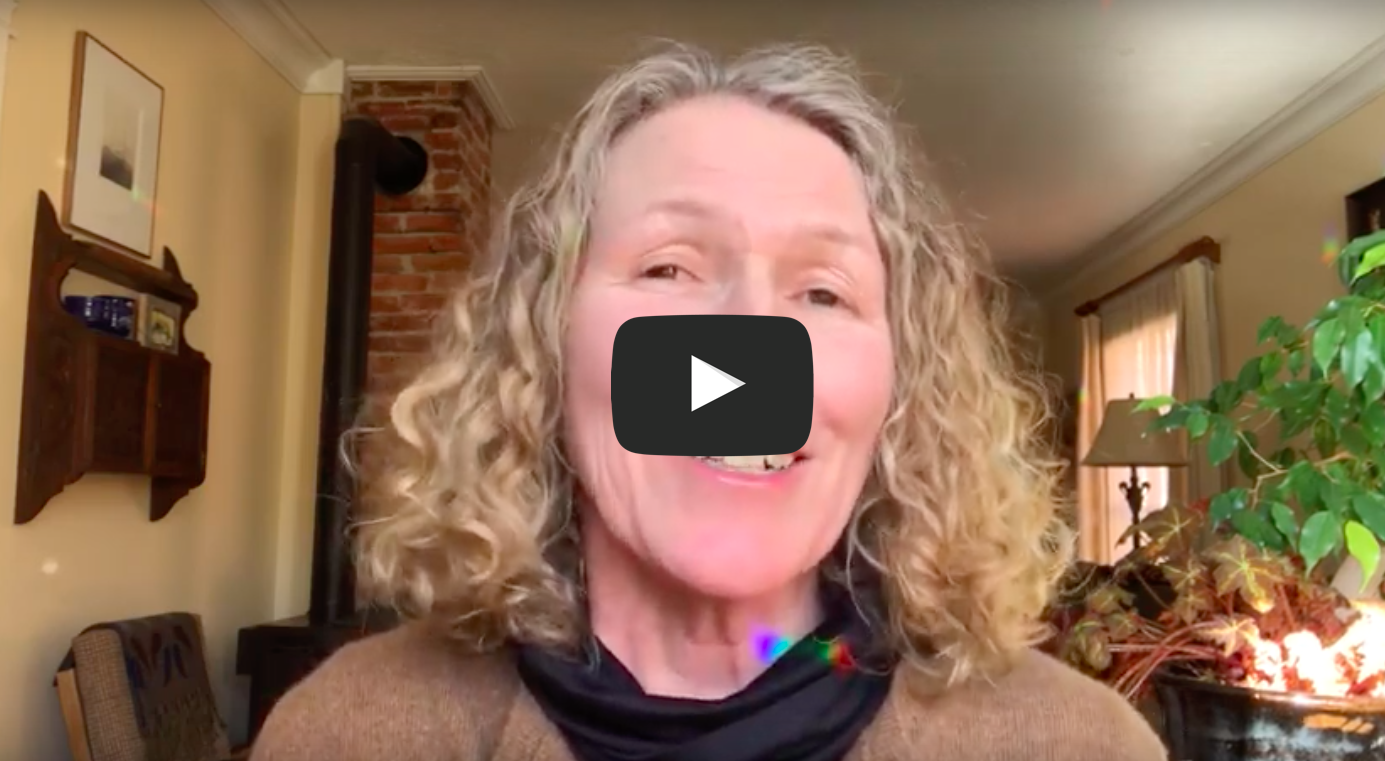Ram Dass has been exploring the field of death and dying for over fifty years. Originally Richard Alpert, a psychology professor at Harvard in the 60s, he and Timothy Leary became known for their exploration of consciousness through the use of psychedelics. Timothy went on to become the LSD guru who coined the phrase “Turn On, Tune In, Drop Out,” while Richard travelled to India. Here he met his guru, Maharaji, who gave him the name Ram Dass and set him on his lifelong path of spiritual seeking.
Some 30 years after his time in India, Ram Dass had a stroke. I saw a clip of him once, joking that he’d ‘failed dying’ because he’d clenched instead of surrendering at the moment when death came calling. The stroke slowed him down but didn’t stop him, and he’s gone on to share his experience of ‘being stroked’ and all he’s learned about surrender. “How you relate to death” he says, “is the key spiritual work of aging.”
I’m kind of an anxious person. I like to have plenty of time to get all my ducks in a row, no matter if it’s a dinner party, a blog post, a work project or my end-of-life planning. I’m not necessarily effective at managing these desires, but I make a concerted effort when I can and my anxiety abates when I feel ahead of the curve.
That’s not the case at the moment, with either this blog post or my end-of-life planning. I just arrived home after being with my two sisters, one of whom has a terminally ill partner. There is no obvious way to ease his deteriorating condition or her increasing exhaustion as caregiver burnout takes its toll.
They are lucky in that they have stellar support from our nephew, but that is certainly not the case for everyone. Single people with no offspring are the most vulnerable to dying without support, but having caring family members doesn’t make us
Most of us are proud of how independent we are, but the flip side of modern medicine’s amazing capacity to keep us living longer is that the majority of us baby boomers who live past the age of 65 will die of old age or ‘frailty.’ This means that we will need support from others at some point. The question is: what do we want that to look like?
Part of me feels I’ve left it too late already. I don’t have biological children, although I do have some incredible young people around me. We’ve had lively discussions about creating win/win living situations that enrich all our lives, and I look forward to having more.
What that kind of community will look like, how well equipped we will be, how supported and comfortable we will be at the end, are things we can’t necessarily know just yet. But we can start imaging what our end will look like and begin working backwards, putting the necessary building blocks in place.
Whether we know it or not, we are all just walking each other home. Death is as natural and inevitable as birth, yet we have so much resistance to talking or planning for it. I’m certainly no exception. I finally got my will drawn up last year, but I haven’t signed it. Go figure!
Of course, now that I’ve said that out loud I am committed to completing it this week. It’s a small building block, but sometimes that’s exactly how things get built: one block at a time.
How do you relate to death? Is it something you are able to talk about with the people you love? Let me know, I’d love to hear!


0 Comments